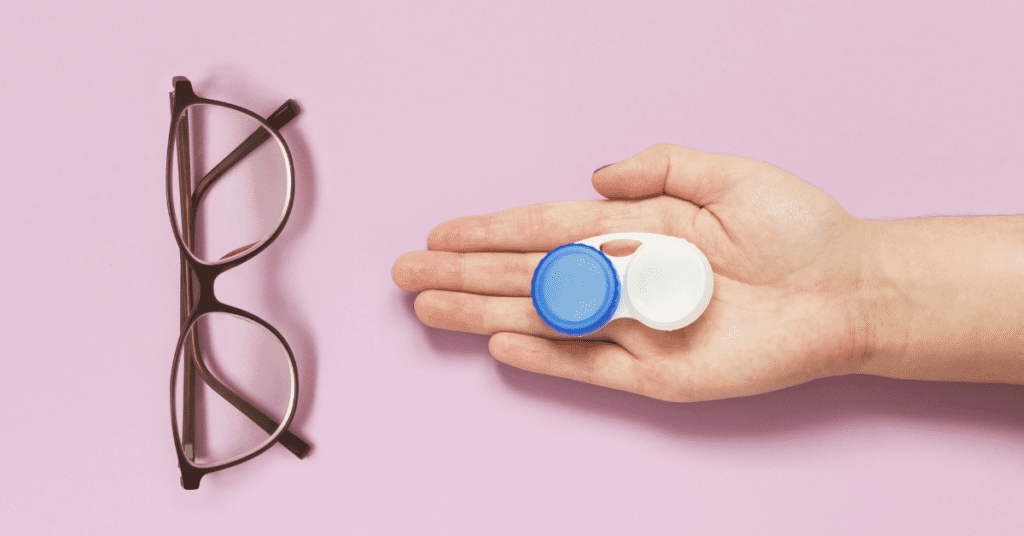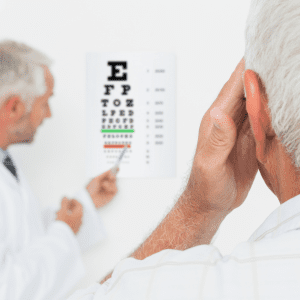Signs You Need New Glasses or Contacts

You may think simply purchasing and wearing contacts or glasses is fine and that there isn’t much more to take care of beyond that. But did you know that eye and vision health can change yearly? For that reason, it is essential to have annual eye exams and prescription changes when necessary.
It may be difficult to know when you need new contacts or glasses. We have listed a few factors that can help decide the proper time to get your glasses or contacts replaced.
5 Signs You Need New Glasses
Headaches – Frequently straining your eyes to see better can lead to headaches. Your prescription could be too weak or even too strong. Sometimes, you might need a simple adjustment to your frames to correct a headache issue.
Blurred Vision – Blurred vision could mean that one or both of your lenses aren’t doing their job.
Squinting – The purpose of glasses is to enhance your vision. If you must squint while wearing glasses, then it’s time to consult your optometrist.
Damaged Lenses – Scratches on your lenses can interfere with your vision and cause eye strain. If you have an anti-reflective lens coating on your glasses, it can become damaged too. This is especially true if you aren’t using the correct products to clean your lenses nor cleaning them as instructed by your eye care professional.
Skipping Eye Exams – Are you guilty of not getting a yearly exam? Our vision changes as we age, which means your prescription also changes. Getting an annual eye exam is one way to stay on top of those changes and keep your glasses up to date.

5 Signs You Need New Contacts
Expired contacts – Yes, contacts have an expiration date. Your lenses may last a day, a week, or a month, but after these time frames, they begin to wear out. Wearing them outside of the recommended time can negatively affect your eye health.
Misshapen Lenses – Any dents or odd shapes to contacts can harm the eye and cause bacteria to build up.
Cloudy Lenses – After a thorough saline rinse, if contacts appear cloudy, it is most likely caused by bacteria buildup. This puts you at higher risk for eye infections.
Irritating Contacts – Your contacts may have collected debris that is irritating your eyes. If cleaning doesn’t resolve the irritation, you may need to swap them with a new pair.
Skipping eye exams – If you only wear contacts, it is still important to schedule a yearly contact eye exam. The exam will detect changes in your vision, and your eye-care professional can update your prescription if necessary.
Replacing contacts is primarily a matter of eye health. Damaged and old contacts can cause eye infections and vision problems. Contact lenses have a finite shelf life, and it is important to maintain and use them according to your eye professional’s recommendation. Maintaining your eyeglass lenses is just as important because you can further impair your eyesight with a prescription that no longer corrects your vision.
If you are experiencing any of the issues mentioned above and need to replace your glasses or contacts, schedule an eye exam at The Eye Center, with locations in Huntsville and Madison, at 256-705-3937.
